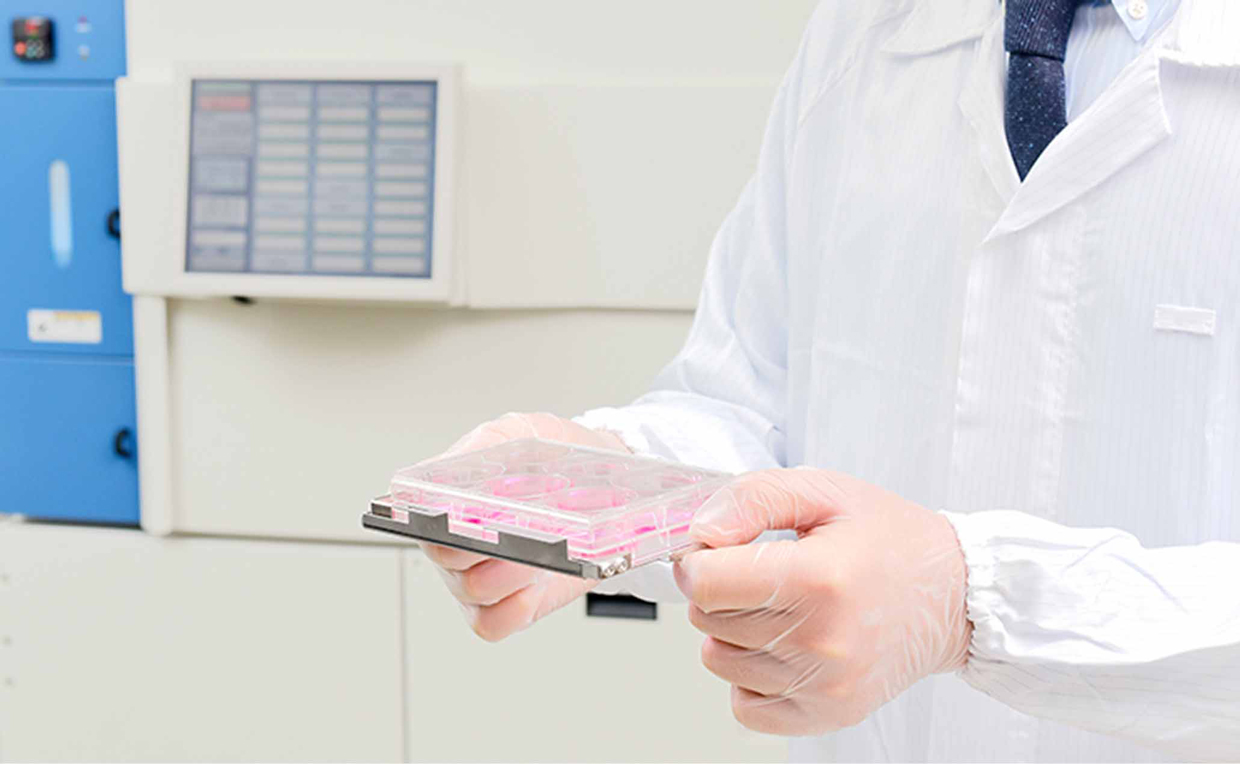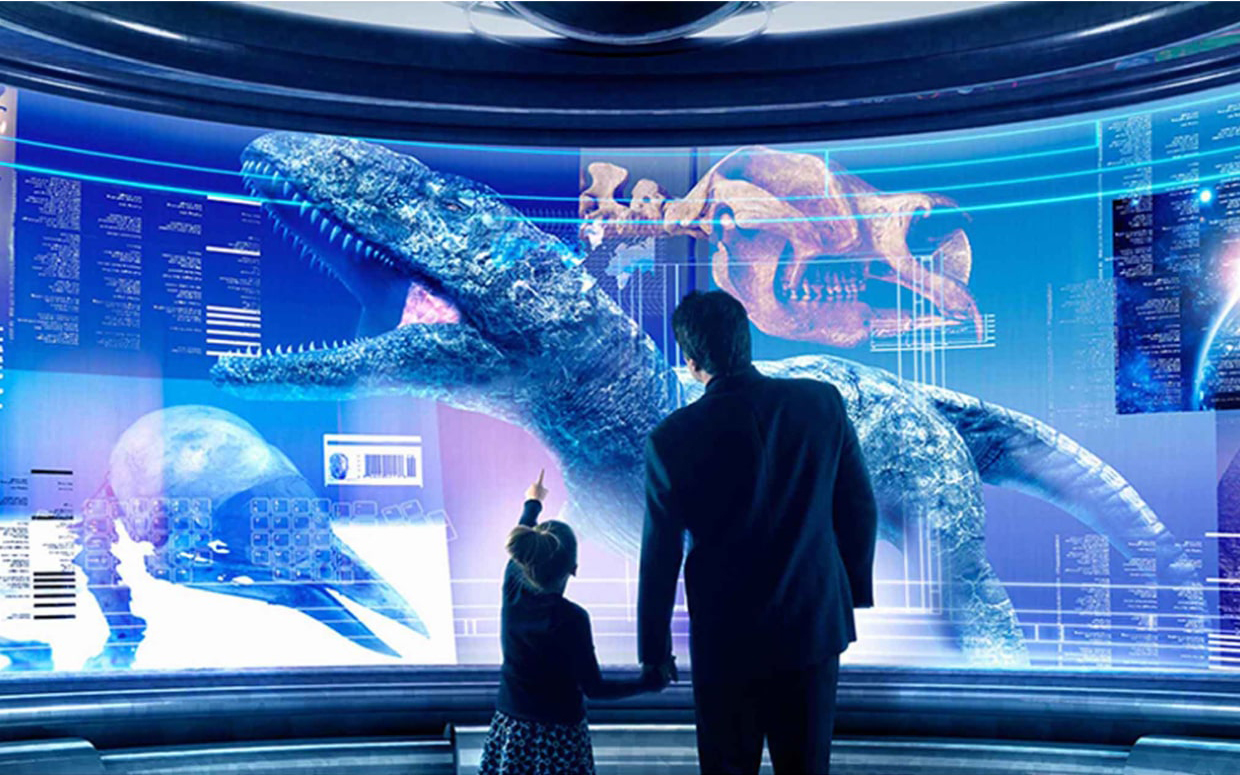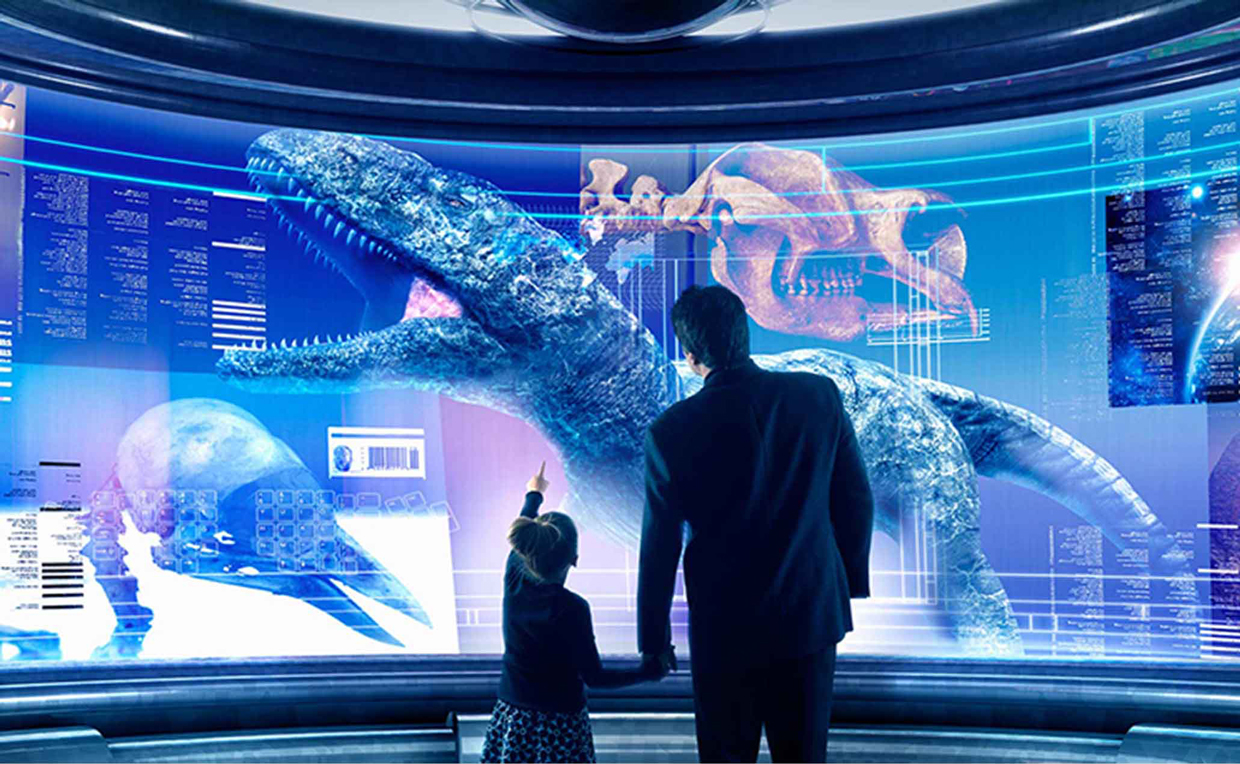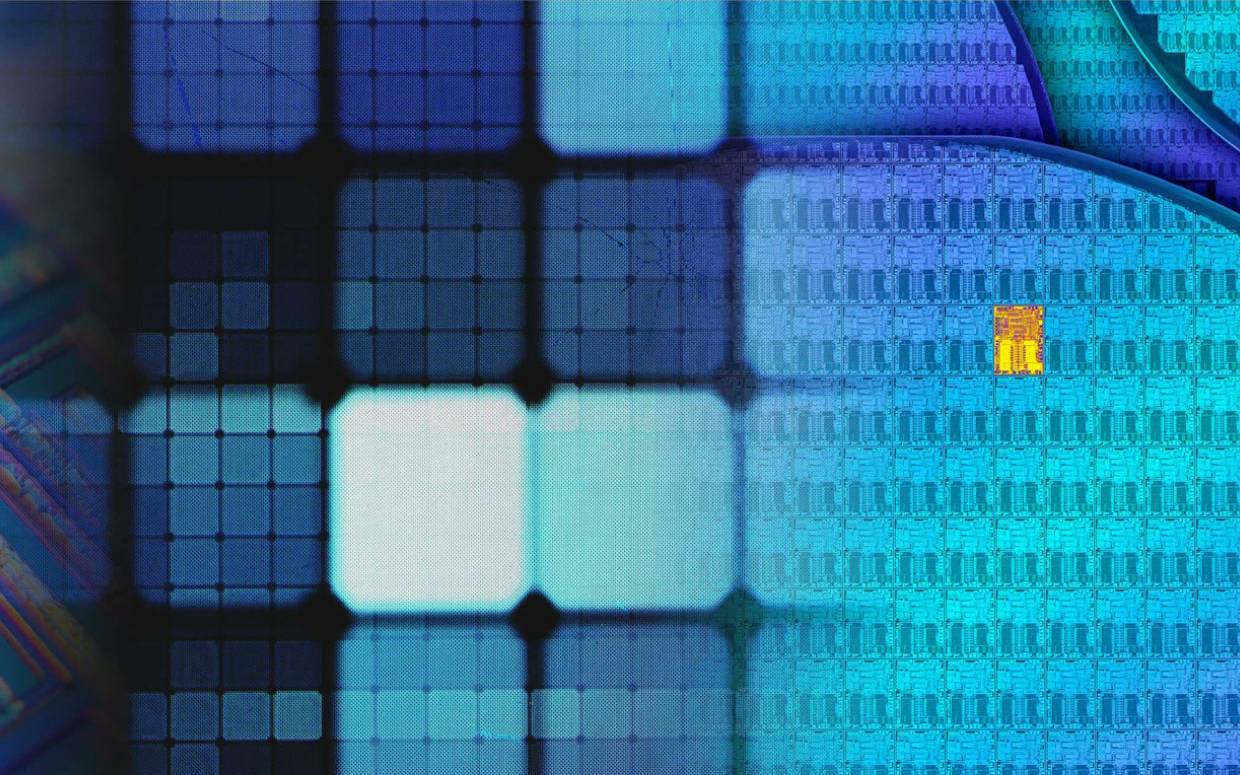Next-level performance through posture analysis

Contributing to performance improvement in sports using form analysis
Nikon's posture analysis system captures and processes body movement and posture in 3D images, then enables observation from different angles or through numerical data.
Nikon's fusion of technologies contributes to evolved training programs
and improved player and athlete performance.
The speed of a pitched ball increases every year
In the sport of baseball, a blazing fastball moving at more than 100 miles per hour (approximately 161kph) can be released through dynamic pitching form. Such speed is one of baseball's attractions. But did you know that the speed of the pitched ball is becoming faster and faster every year? According to MLB (Major League Baseball) statistics, for the 10 years from 2008 to 2017, the average speed of a pitched ball increased from 91.8 mph (approximately 148kph) to 93.6 mph (approximately 151kph). The number of pitchers who can throw a ball at more than 100 mph (approximately 161kph) rose from 18 to 40.
The keys to throwing faster balls are pitching form and training methods. Recently, training programs that utilize motion capture technologies for recording body movements are becoming more widely employed.
Such techniques are also used in various other sports besides baseball, but, because a motion capture system is expensive and hard to install, adoption up till now has been limited to professionals or top athletes. Currently though, Nikon is developing a posture analysis system that is intended for practical use in more familiar scenarios.
Obtaining data at actual games and training
Conventional marker-type motion capture systems record images of the human body by attaching light reflective markers at key locations on the body. It requires time and effort to attach these markers, and they can sometimes prevent natural movement. Also, because these systems are large, an exclusive studio for taking images is usually required.
Nikon's posture analysis system integrates 3D sensing technologies and image processing techniques that have been cultivated through industrial measuring instrument and digital camera production. Without attaching anything to the body, special cameras designed exclusively for measuring take images of the body, obtain three-dimensional indexes, and process images for conversion to digital data.
Developing a camera capable of capturing images regardless of whether it is day or night, for indoor or outdoor use, and lenses that offer different angles of view suitable for each purpose, Nikon has tried to create a system flexible enough to obtain the analysis data required during sport events or practice sessions.
In baseball, for example, it can be used to analyze a player's pitching form on the mound, then utilize the acquired data to increase the power of a pitch or reduce a movement pattern that might damage the body, while also considering that correcting a posture habit depends on the kind of ball thrown.


Taking advantage of the power of science for the further evolution of sports

The current fastest pitching record of the MLB is 105.1 mph (approximately 169kph), which was achieved by Aroldis Chapman, pitcher for the New York Yankees, on September 24, 2010 and was recorded as a Guinness World Record. Even this record is likely to be broken someday as performance continues to improve.
In many sports, form and performance are closely connected with each other. Converting body movements into 3D data, then enhancing the form or creating a more effective training menu is based on data analysis, and is indispensable for raising the performance level of athletes.
Nikon's wish is to support and improve sports through this posture analysis system and provide even greater thrills for both players and supporters. Bearing that future dream in mind, Nikon is advancing the further development of systems that as many people as possible can commonly use.
Changing our world for the better with Nikon's technologies


Business Development Division
Yoshihiro Nakagawa
As the overall development leader of this posture analysis project, I am integrating both the hardware and software. Once you actually try it, you will intuitively understand the utility and effectiveness of this system instantly. So, I am proceeding the development by establishing a demo system as soon as possible to confirm users' requirements based on it. I am trying to create values that have never existed before in the world, and that's why our team members are really doing their utmost, however, I would like to achieve effective system productization as soon as we possibly can.
Since the technology used for converting body movements into 3D data can also be utilized for body measurement, we are planning to develop a system that enables the results of training or losing weight to be seen at a glance. I have also been receiving requests to potentially employ this system for recording traditional performing arts as well as for sports purposes. So I imagine that it will be expandable in many directions in the future.

Business Development Division
Taro Matsuo
I am in charge of software development. I feel that what I do is an extremely important part of technology and very worthwhile doing whenever I hear people saying such things as "I've always wanted something like this."
On the contrary, since this technology has not really yet been fully appreciated or demanded in the world, it is not easy at all to transform it into a tangible form. It is very difficult to simplify the software structure, which tends to be complicated, but I feel that it is an expert's great privilege and is extremely worthwhile doing.
What I am aiming for is to create a simple system that anyone can use, anywhere and at any time. So I would like it to become a standard, commonly used tool almost like the weight-measuring scales you can find in many homes. As well as this, I would like to contribute to improving not only the performance of athletes, but also the quality of life for everyone.

Business Development Division
Hiroshige Okamura
As a marketing group member, I meet many customers and am focusing on discovering unmet needs. I am also involved in promotions such as at external conferences.
In order to succeed in this business, I believe that carefully listening to our customers' voices is the most important factor, so I meet many people outside of the company. Through this, I felt that it would be worthwhile to propose new values using Nikon's optical and imaging technologies to a wider variety of people including sport associations. Looking ahead into the near future, I would be very happy if one of our customers was to become a gold medalist.
- *Job title and responsibilities at time of interview.
Originally published: September 28, 2018.





